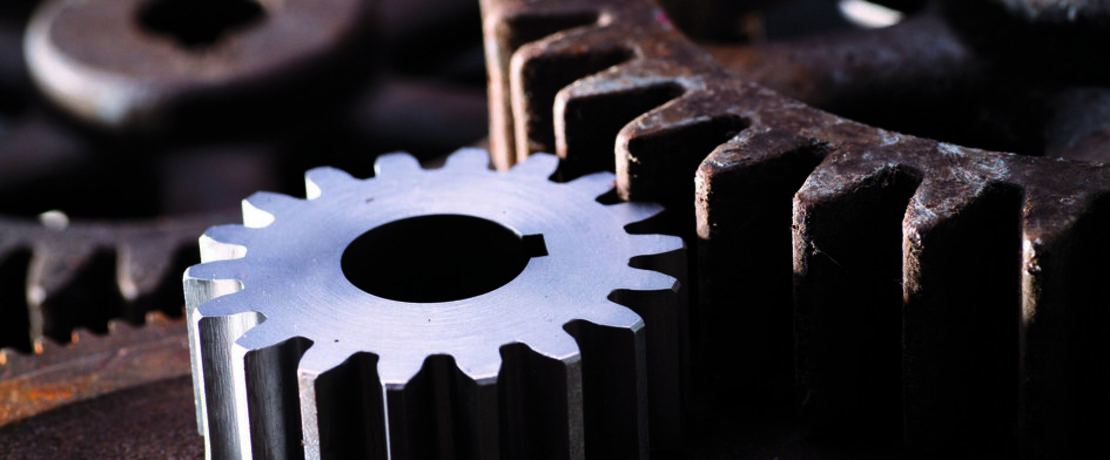
Adhesion Promotion
Paints and coatings on metallic surfaces
Metals are an important material and are indispensable in cars, electrical/electronic components, and other areas. Depending on the application, however, they may have to be pretreated first, as glass, ceramics, paints and coatings do not adhere well to metal surfaces. This is where silanes by Evonik help: Thanks to their unique chemical structure, they are the perfect adhesion promoter. Functionality stands and falls with the choice of the appropriate silane.
Corrosion protection
Organofunctional silanes bond with the surface of the inorganic metal and thus ensure that paints or other coatings do not peel off after just a short time. They also fulfill one further key requirement in metal processing: They provide long-lasting corrosion protection. Untreated, metal reacts to moisture and the pollutants it contains. While aluminum, for instance, forms its own passivation layer when exposed to air and is therefore at least somewhat protected against rust, this layer does not offer sufficient protection under harsh conditions. Treatment using silanes is a common method for preventing rust from forming – right up to the highest corrosion class C5.
Dynasylan® has proven its worth as an adhesion promoter for many years now. In the first instance, it acts as a primer that is used to treat the inorganic metal. Only then is a further coat applied. However, the silane can also be added directly to the paint formulation as an additive, saving time and money. However, this entails the risk of the silane reacting with the paint components, which impairs adhesion.
The right silane must be used – or adhesion is not possible
Because there are so many possible applications, the right choice of silane is vital for success. To this end, Evonik’s experts are at hand to advise and assist customers – from initial inquiries right through to using the product. Using the wrong silane could prevent the desired effect from being achieved. At worst, it could result in the gelation of the entire coating.
Grease and dirt prevent a chemical reaction
Before being treated using the adhesion promoter, the metal surface must be clean and free of residues. Only then can the silane react with the substrate. Often, it is sufficient to clean the surface with solvents. For some substrates, grease and oil residues must be removed using an alkaline or acid-based cleaning method. Cleaning with acid has the additional effect of significantly improving adhesion to glass, as this removes traces of tin that can form on the surface during glass production.
The most conventional methods of applying the primers are dipping, spraying and painting them on. Regardless of the method and the silane used, it is vital that the surface is thoroughly coated to ensure the best possible adhesion and corrosion protection. Uncoated areas are susceptible to corrosion. Moreover, paints or adhesives cannot adhere to them. Evonik’s experts are also on hand to assist in implementing the correct primer dosing.
The benefits at a glance:
- Ideal adhesion promoter thanks to its chemical structure
- High corrosion protection
- Suitable selection for every application
- Long shelf life
- Can be used as an additive or a primer
